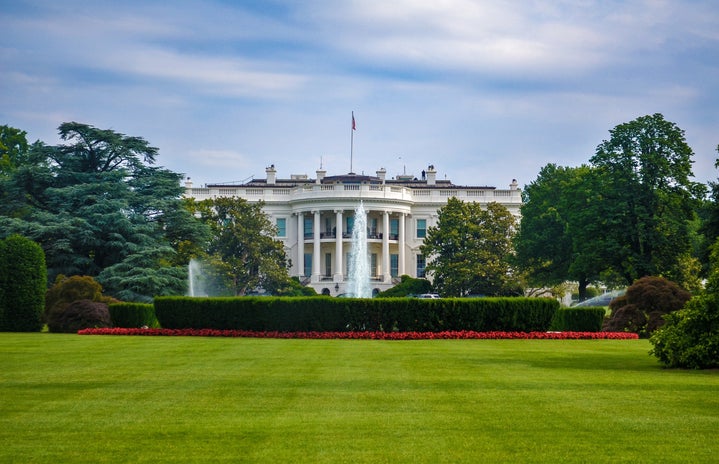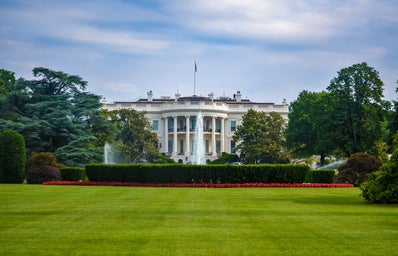Whether you’re fond of politics or not, you’ve probably heard all about Donald Trump’s latest impeachment hearings. This hot button issue has been dominating the political space and it’s not slowing down anytime soon. The story of Trump’s impeachment is difficult to follow and is full of political jargon. So, here’s what you need to know about what is currently dominating the hearings.
How did this all start?
The scandal began back in September 2019 when a whistleblower, someone who reveals secretive information, said that U.S. President Donald Trump was pressuring the President of Ukraine to commit wrongdoings that would ensure Trump to get re-elected in 2020.
The first instance reported by the whistleblower dates back to a phone call between Trump and Ukrainian President Volodymyr Zelensky on July 25. The whistleblower, who was a former member of the CIA, wrote in his complaint, “…the President of the United States is using the power of his office to solicit interference from a foreign country in the 2020 U.S. election. This interference includes, among other things, pressuring a foreign country to investigate one of the President’s main domestic political rivals.”
The whistleblower also hinted at a possible cover-up by the White House in efforts to protect the President. Under the Intelligence Community Whistleblower Protection Act, intelligence professionals are supposed to file a report with the inspector general that can go all the way to Congress. The report filed by the whistleblower along with a non-verbatim memorandum of Trump’s conversation with Zelensky was released to the public on Sept 25. The revelation of all this information introduced the phrase “quid pro quo” which has been used in most of the hearings.
Courtesy: @realDonaldTrump
What is “quid pro quo”? Is it something to worry about?
“Quid pro quo” is a Latin phrase meaning “a favor for a favor.” This term has been dominating the hearings as Trump’s defense attempts to prove that there was no quid pro quo between him and the President of Ukraine.
The issue is that that alleged quid pro quo wasn’t about national security rather an invested interest for Trump personally. Before the phone call on July 25 occurred, Trump had already suspended nearly $400 million in U.S. military aid that Ukraine was using to fend off Russian aggression. This along with the phone call has led people to believe that Trump was pressuring a foreign power for his own personal gain.
Trump has denied this saying that there was nothing wrong with the phone call, while others are insisting that this is similar to extortion.
The impeachment proceedings aim to figure out if quid pro quo played a factor in determining whether or not a threat was made. As of now, Sondland, the US ambassador for the European Union, has admitted to a quid pro quo stating, “. . . With regard to the requested White House call and the White House meeting, the answer is yes.”
Want to see more HCFSU? Be sure to like us on Facebook and follow us on Instagram, Twitter and Pinterest!



